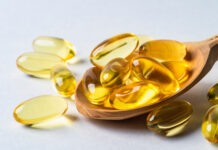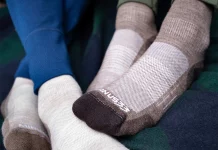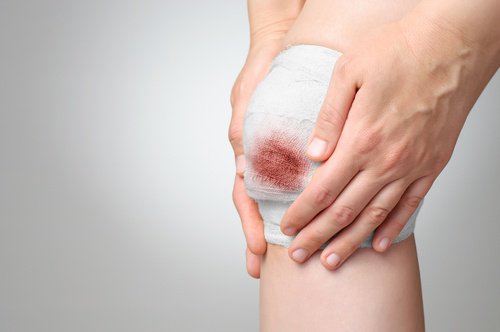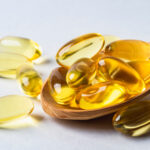Natural remedies for healing wounds
For centuries, medicinal plants have been used to heal wounds. Their anti-inflammatory and antibacterial properties naturally enhance the healing process.
Scratching, shallow skin cuts are wounds that can be treated at home. Be careful, however, to be attentive to any sign of infection: if it is red, the wound becomes hot and painful, you should consult a doctor. As for any significant or deep-seated wound. For others, here are some natural remedies to heal wound, disinfect, protect and promote cicatrization.
Aloe Vera to heal and cicatrize wounds
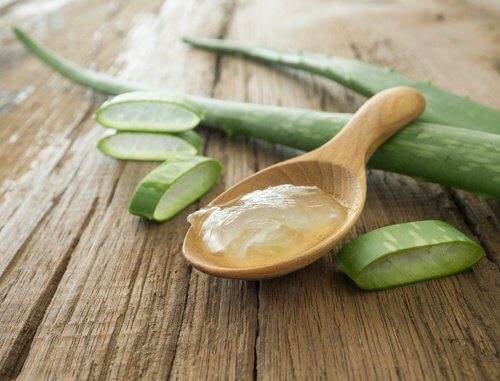
It is used as a treatment for wounds, burns, irritations and inflammation of the skin.The pulp or gelatinous mass of the inside of aloe vera have not only water. It also contains acidic mucilages, organic salts, enzymes, saponins, tannins, amino acids, vitamins and various minerals.
The dermal application of aloe gel stimulates the production of collagen. This process promotes healing and even angiogenesis, that is, the formation of new tissue to heal wounds.
Through several studies, it is known that this plant has therapeutic effects capable of reducing both pain and inflammation.It is also fascinating to know that it has Aloe-Modine, a biological compound that fights viruses and bacteria. This cicatrizes and heals wounds quickly and without the risk of infection.
How to use
Remove the gel from the fiber and cut a piece that will cover the wound. Put it on a compress. Place the compress directly on the wound, and stick the edges well so that it does not escape. Let stand 12 hours. After removing the sticking.
You Can Also Read : Amazing uses of Milk of Magnesia
Honey to heal the abrasions
The use of honey for therapeutic purposes, including scarring, exists before modern medicine. Since then, it has been used in all times in traditional medicine, popular for its ability to cicatrize and heal wounds quickly and cleanly.
The high sugar content of honey gives it antimicrobial qualities. The constitution of honey and its acid pH also prevent the development of bacteria and other pathogens. It is also a good anti-inflammatory.
Its high concentration of water allows it to spread over the entire surface of the wound which allows tissues to heal optimally. The symbiosis that is created between the honey and the tissues allows the water it contains to enter the pay and thus to slow down its dehydration.
How to use :
After cleansing the skin thoroughly with soap and water and rinsing, apply a thin layer and cover with a compress. Use a quality product, preferably organic, favoring a honey of rosemary or thyme, with strong antiseptic power. Renew for several days.
Used as a bandage, honey should be kept for less than 15 months, in a cool place (between 8 and 14 ° C) and out of the light
Warning !
Always check that you are up to date with your tetanus vaccination because grandmother’s remedies can not help against this infectious disease that can be transmitted even in small wounds (soiled with soil, rose bites)..
St. John’s wort oil for healing wounds
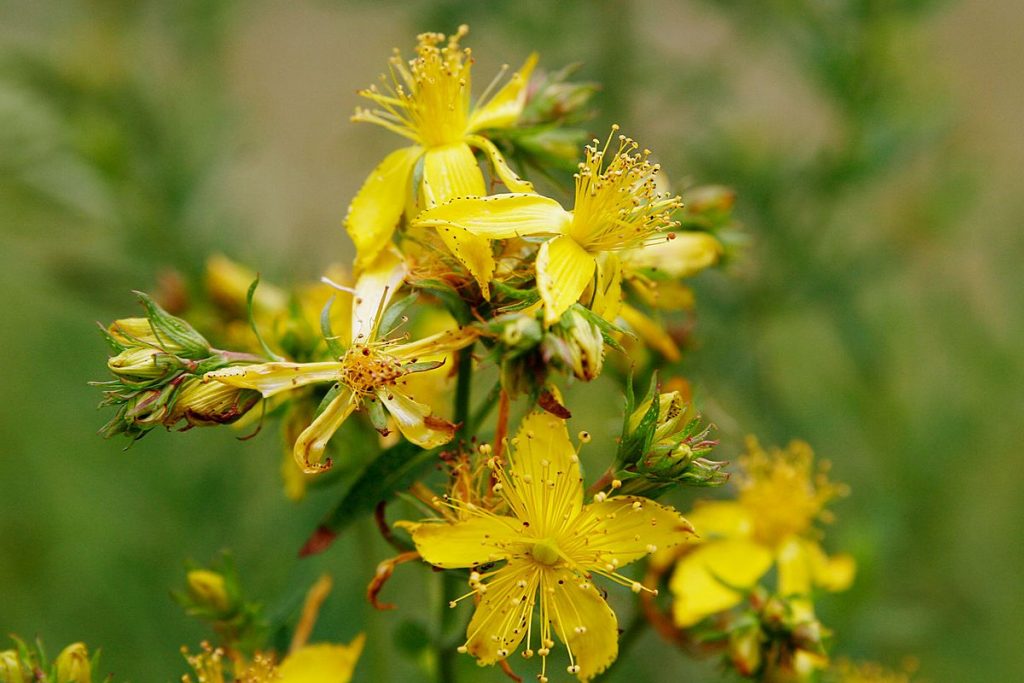
In external use, the red oil of St. John’s Wort flowers has been used for centuries for its high healing power. It eliminates bacteria, has anti-inflammatory properties, and heals wounds: just soak a compress and apply as a bandage.
You can use a ready-made oil (Pranarôm, Florame), or make your own oil: stored in a cool place and protected from light, it can be kept for one year.
How to use :
Disinfect and apply St. John’s wort oil with a compress or bandage (or leave in the open air).
You Can Also Read : Chest Acne , The Causes And The Remedies
Pepper on a cut that bleeds
The small superficial cuts on the fingers, with a knife for example, are those that have the tendency to bleed the most: as soon as you stop the compression, it starts again! After cleaning with water and soap to remove any bacteria, unsheathe the black pepper mill, and grind on the cut.
No fear … It will not sting or burn, the substances of this spice irritate only the mucous membranes. And on a cut, it is radical: various active ingredients pepper, including piperine, and its essential oil very quickly stop bleeding. What’s more, pepper is a good antiseptic, and the intense congestion it produces on contact with the skin will result in faster healing.











